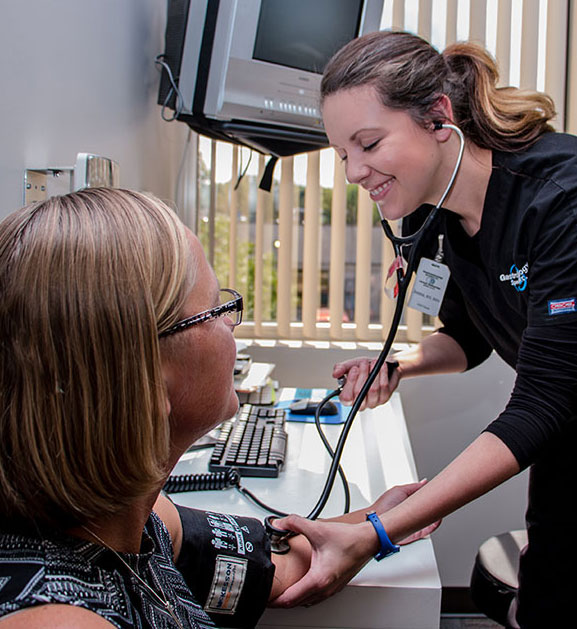HealthDay (12/23, Preidt) reports, “Hepatitis B vaccination is recommended for all unvaccinated adults with type 1 and type 2 diabetes aged 19 to 59,” according to new guidelines issued by the US Advisory Committee on Immunization Practices (ACIP) and published in the Dec. 23 issue of the Morbidity and Mortality Weekly Report, a publication of the US Centers for Disease Control and Prevention. The guidelines advise that “vaccination should be done as soon as possible after adults in this age group are diagnosed with diabetes.”
“Citing more limited data for older diabetics, committee members left the decision about whether to vaccinate diabetic adults 60 and older to the treating clinician,” MedPage Today (12/23, Neale) reports. “The decision should be based on the risk of becoming infected with HBV — including a consideration of the need for assisted blood glucose monitoring in long-term-care facilities — and the likelihood of an adequate immune response to vaccination, which decreases with age.” The recommendations say, however, that “no vaccination is necessary in patients who have been fully immunized at any point in the past.”
GERD Prevalence Up As Obesity Epidemic Spreads
HealthDay (12/22, Reinberg) reports, “As the obesity epidemic spreads around the world more people are suffering from acid reflux, likely increasing the number of those who will develop esophageal cancer,” according to a study published online Dec. 21 in the journal Gut. After examining “data on almost 30,000 people who took part in the Norwegian Nord-Trondelag Health Study from 1995 to 2009,” researchers found that “the prevalence of those with” gastroesophageal reflux disease (GERD) “symptoms increased 30 percent and the number of those with severe symptoms increased 24 percent” during that time period.
Medscape (12/22, Fox) points out, “‘Age was an important risk factor for the incidence of GERD among women,’ the researchers” wrote, “but for men the incidence was stable irrespective of age,” they added.
Colon Cancer Prognosis May Be Worse For Obese, Patients With Type 2 Diabetes
HealthDay (12/3, Gordon) reported, “People who have been diagnosed with colon cancer have a poorer prognosis if they’re obese or have type 2 diabetes,” according to two studies published in the Journal of Clinical Oncology. The first study of 2,303 people found that “the risk of dying from colorectal cancer was 35 percent higher” in those who were obese vs. those of a normal weight. The second study of 2,278 people revealed that those “with type 2 diabetes had a 53 percent higher risk of dying from any cause and a 29 percent higher risk of dying from colorectal cancer, compared to people without type 2 diabetes.”


